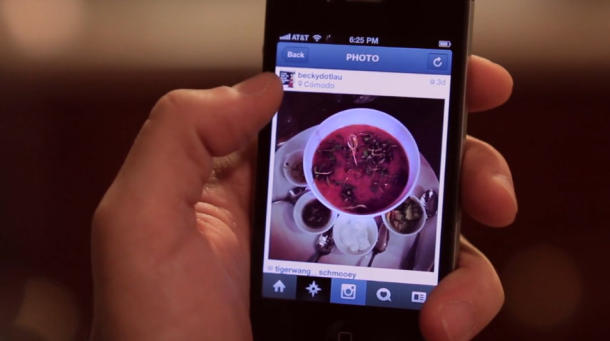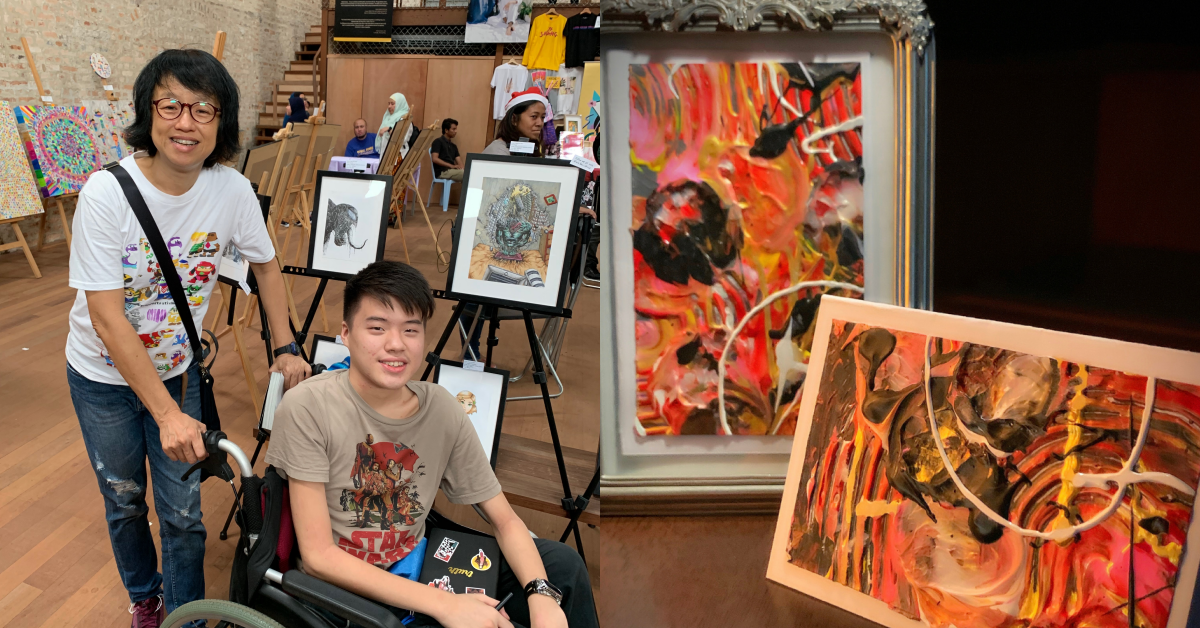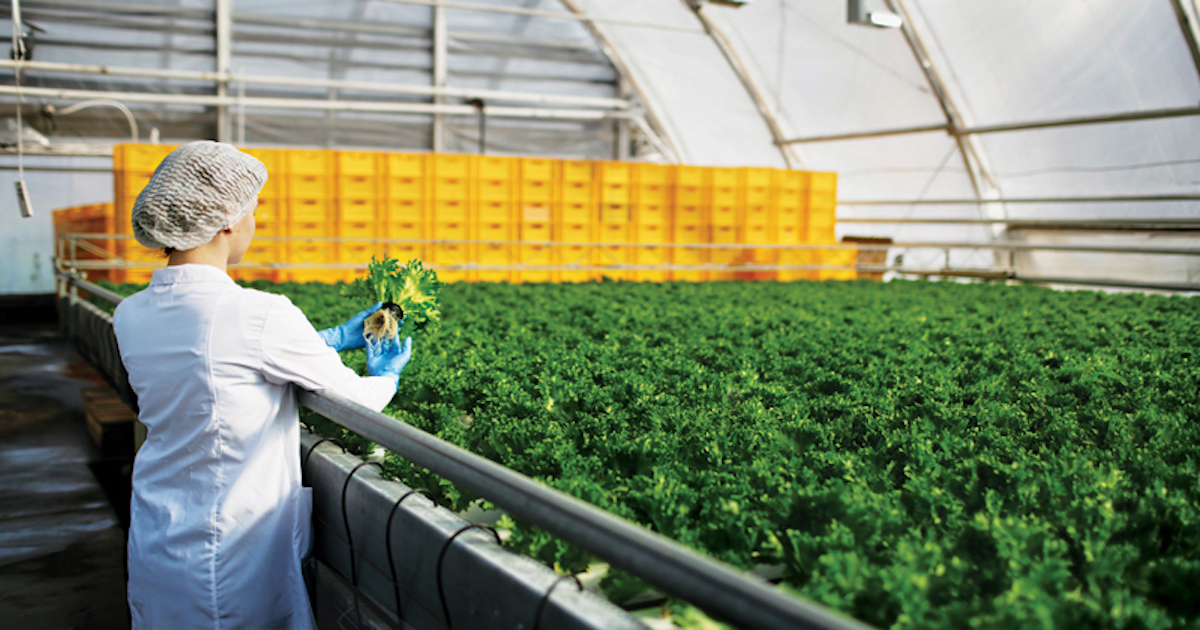One of the most common trait which causes us to be labelled as “Asians” is this: we seem to really like taking images of food using our smartphones.
There are even blogs set up to document images of Asians taking photo of food.
Apparently, that’s bad news.
According to a study in the Journal of Consumer Psychology, over-exposure to food photos on Instagram ruins enjoyment of food for everyone at the table. In other words, when you are happily snapping photos away, or if you are browsing at any Instagram food photos, you will be ruining your meal.
Here’s the report if you are interested to read it.
How was the study done?enablejsapi=1&html5=1& Authors Ryan Elder and Jeff Larson of Brigham Young University had 232 people look at and rate pictures of food. Half of the participants looked at pictures of different desserts (mainly cakes, pastries, and chocolates) and the other half looked at pictures of salty snack foods such as pretzels and potato chips.
Following the photo viewing, participants ate salty foods and were asked to rate how good they tasted–participants who viewed the pictures of salty food enjoyed their snack less.
The results show that even if we’re not eating a certain type of food, we can still become satiated simply by looking at sensory-specific imagery.
Luckily for foodies on Instagram, it takes more than a few pictures of a certain food to be satiated on it.
“You do have to look at a decent number of pictures to get these effects,” Elder said. “It’s not like if you look at something two or three times you’ll get that satiated effect.”

One might argue that if pictures ruined the satisfaction of eating, restaurants advertising delicious plates of food wouldn’t be effective, which we know that they are effective. Here’s Ryan and Jeff’s response to that:
Our findings also have potential implications for the food industry, particularly related to the frequency of food advertising. Food advertisers typically want potential buyers to see their advertisements and make the evaluation that the pictured food appears appetizing. This is precisely the kind of evaluation that leads to sensory simulations of taste like those in our studies. If consumers see too many ads that cause such sensory simulations, the ironic effect could be a decreased enjoyment of the advertised food when it is eaten. Therefore, marketers should consider our findings when designing their ads (and perhaps avoid excessive sensory simulations). Likewise, consumers might benefit from limiting their sensory simulations before eating with the potential result that food may become more enjoyable.
So yes, the next time you are thinking of snapping food photos, think again. The more we photograph food, and then stare at it, the less we want it.
Read also: These 5 Instagram users can stay at the Instagram Hotel for free








